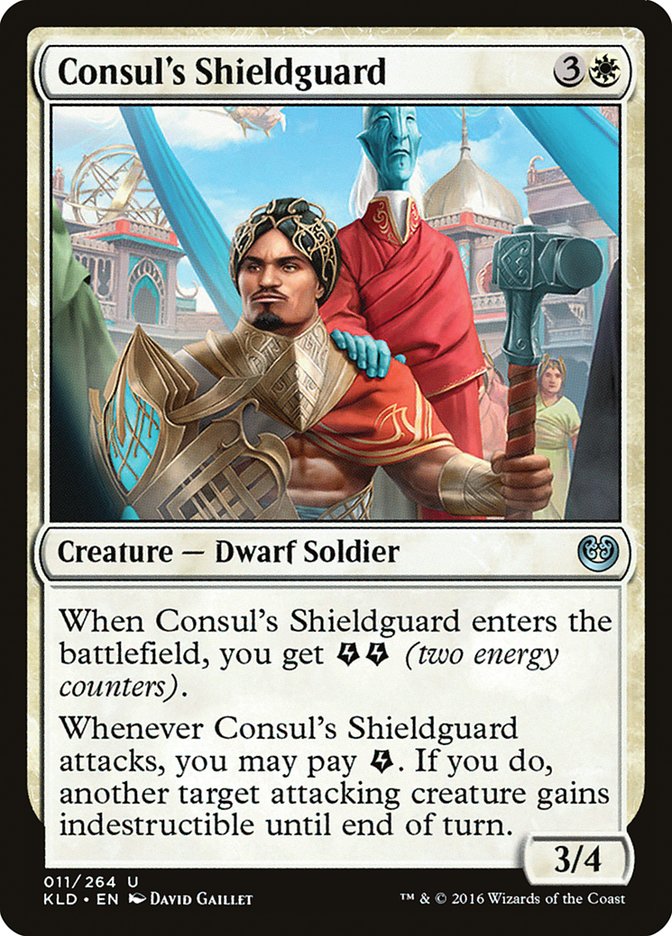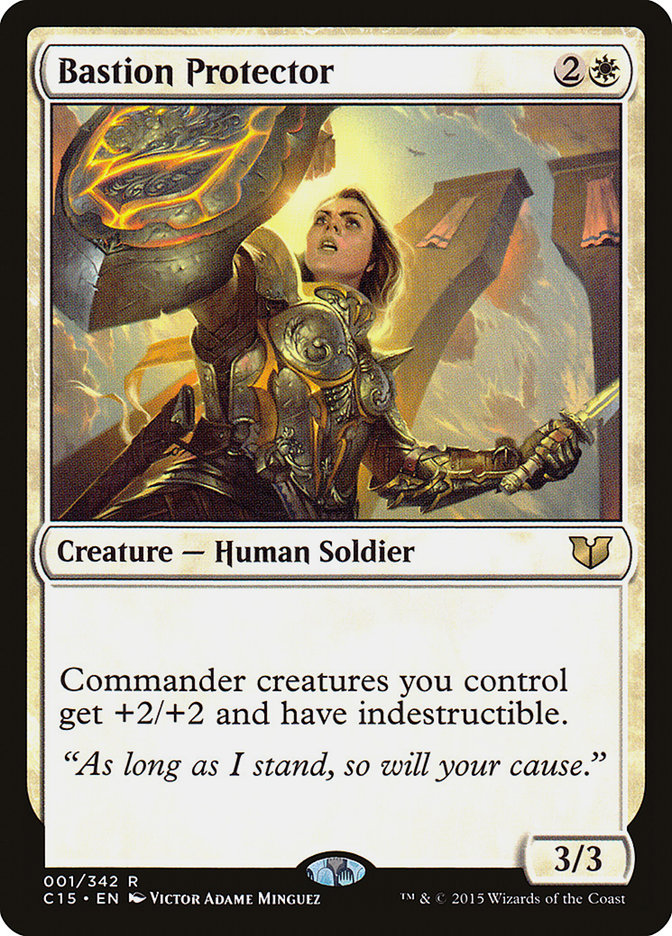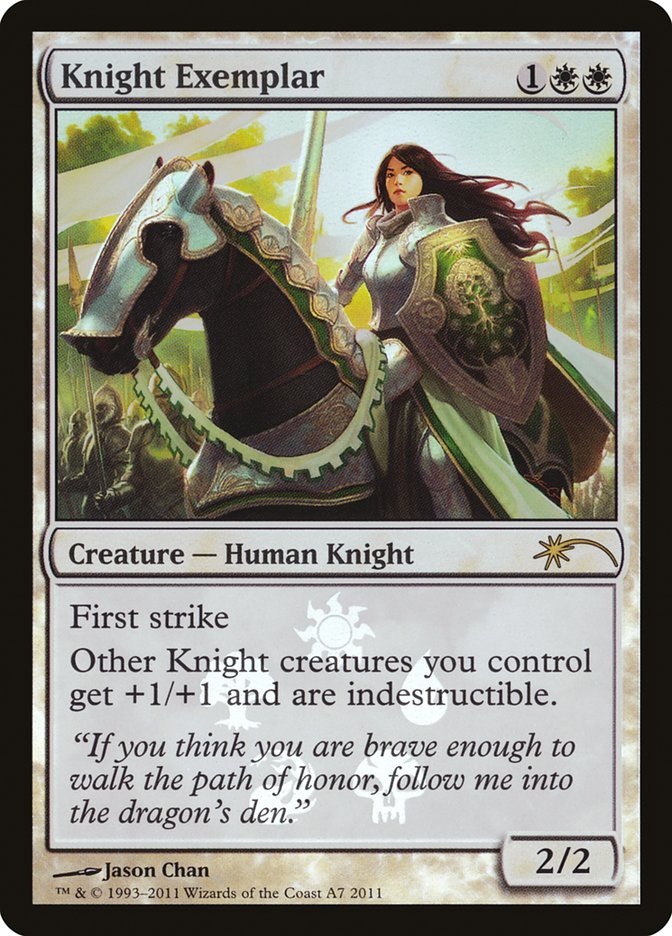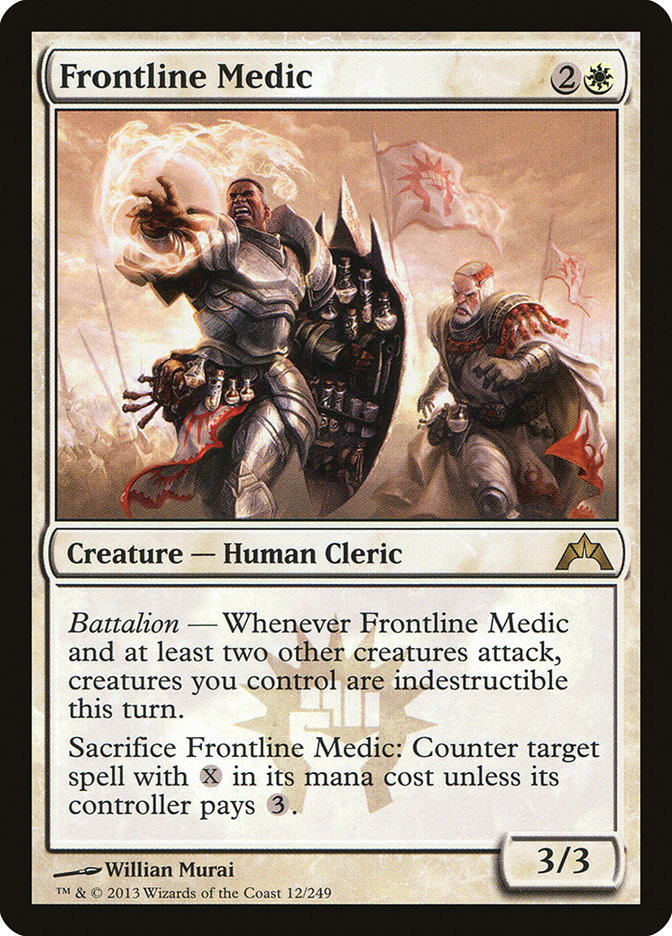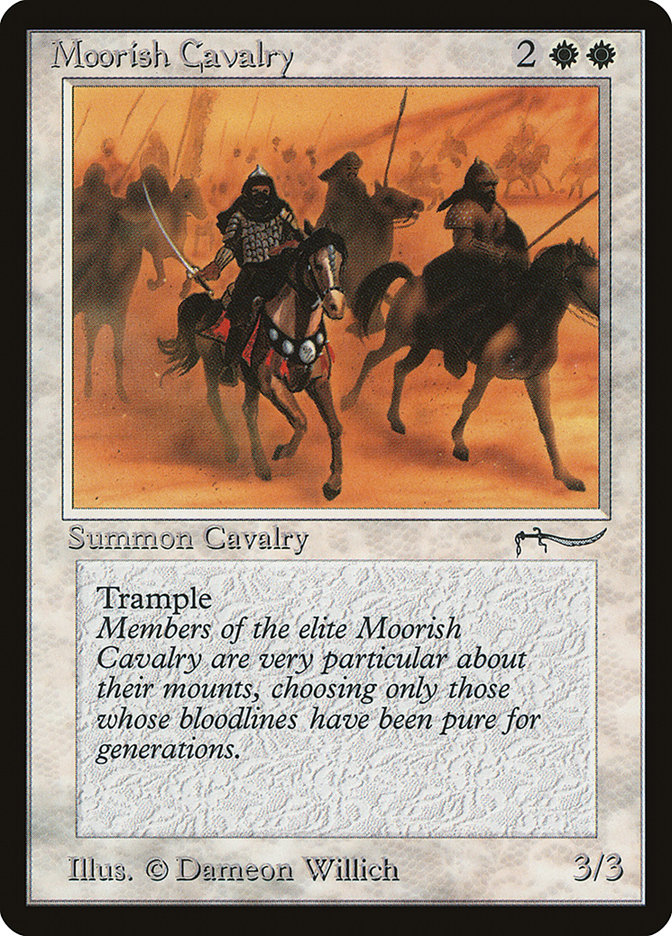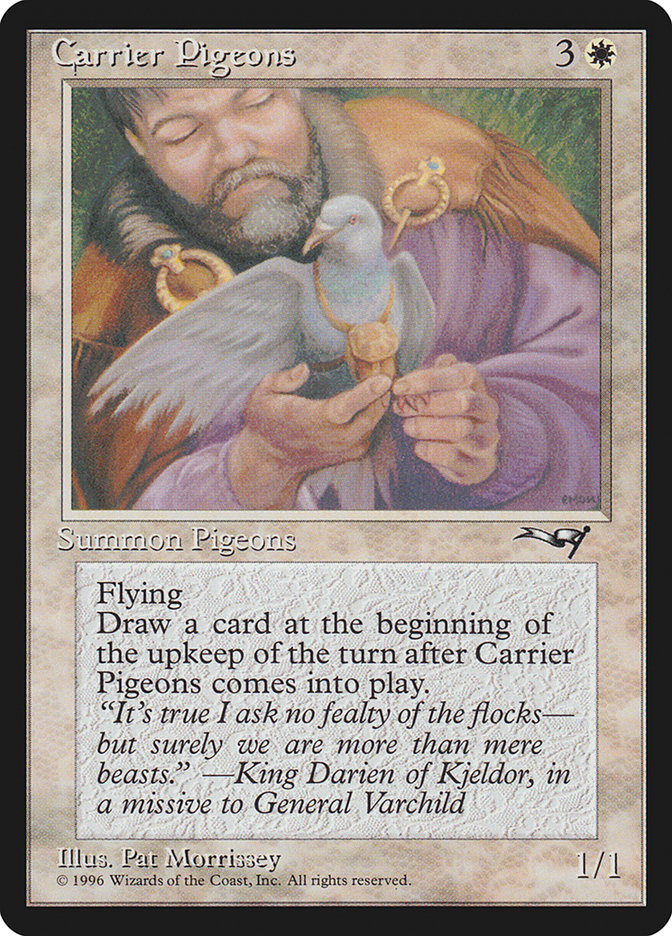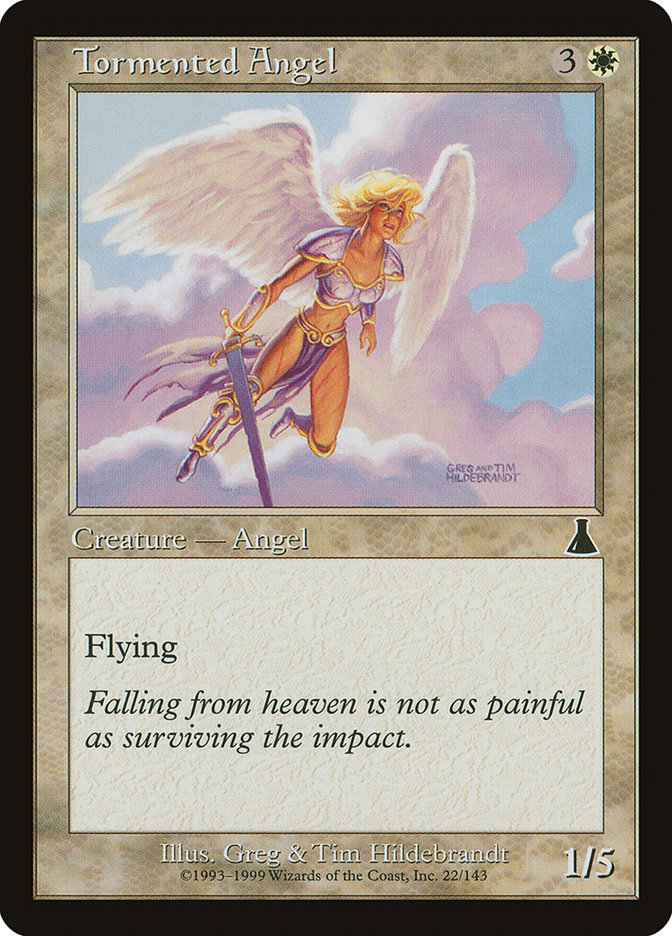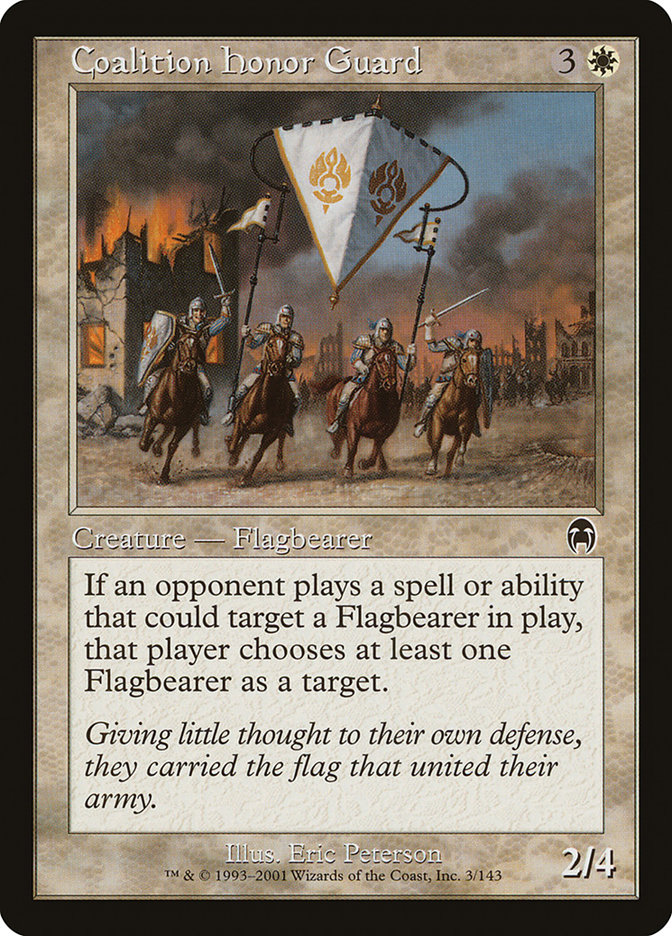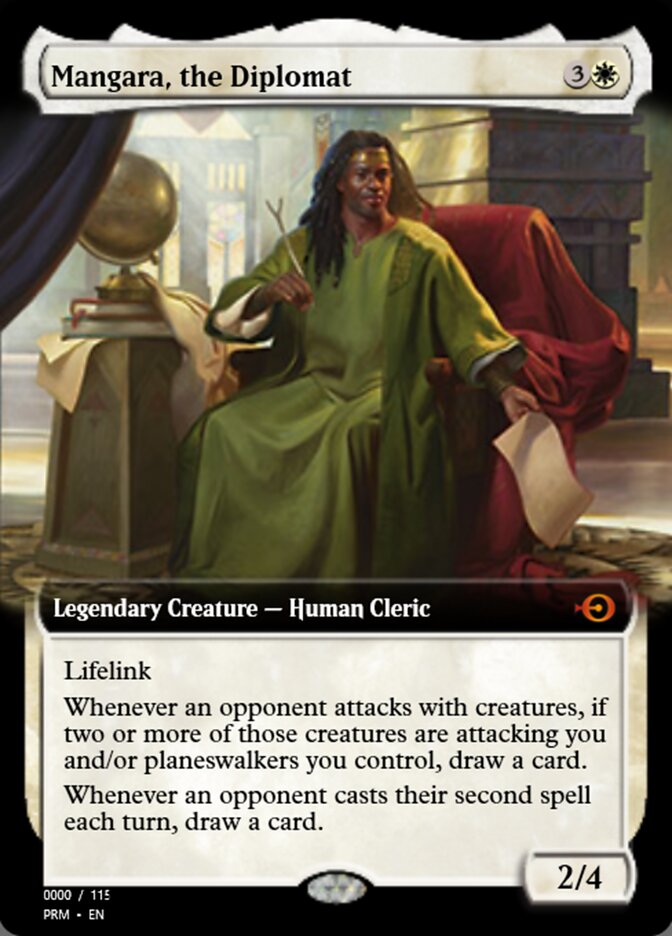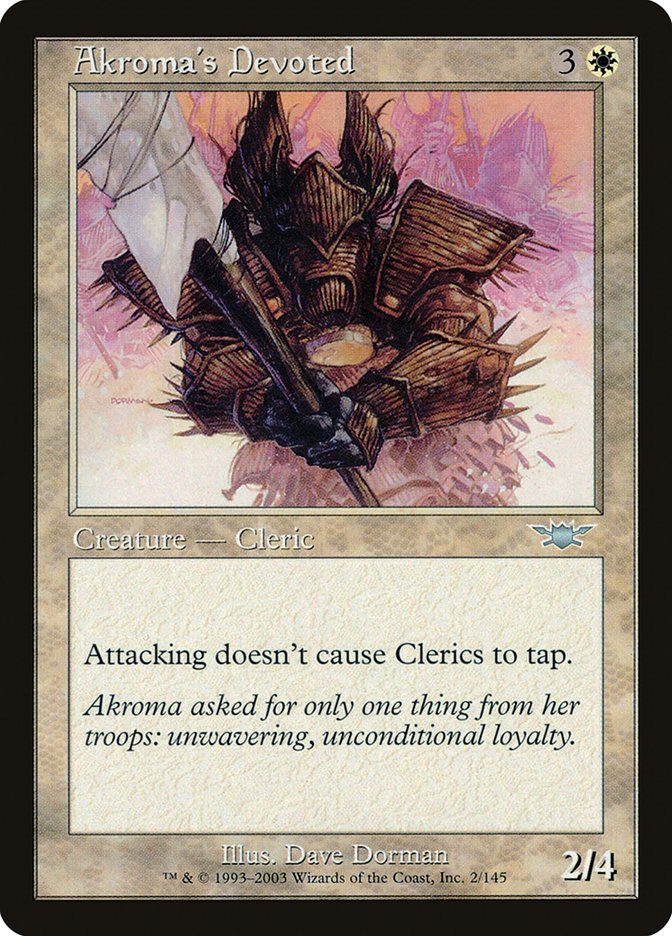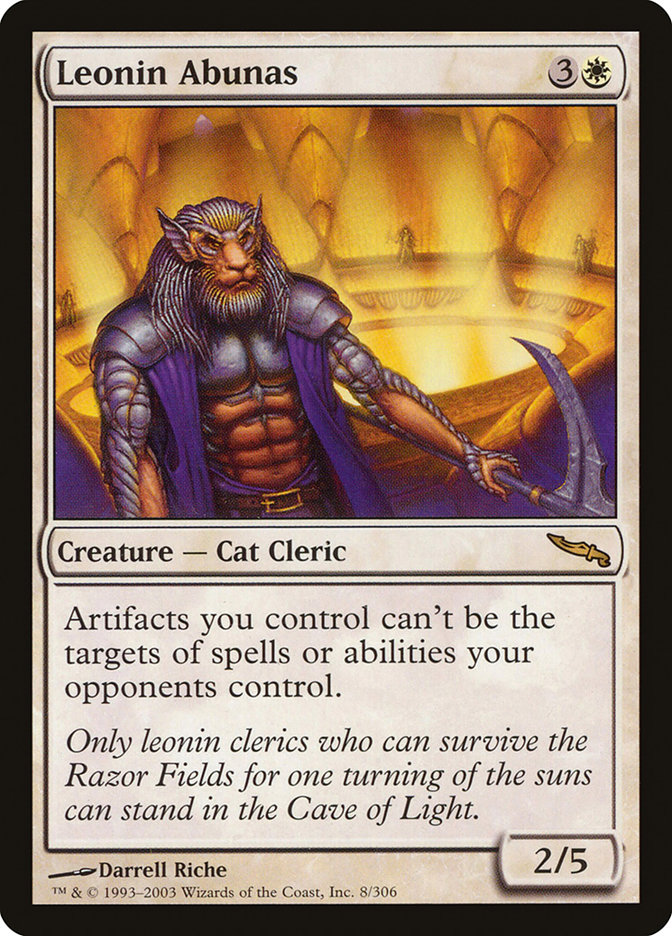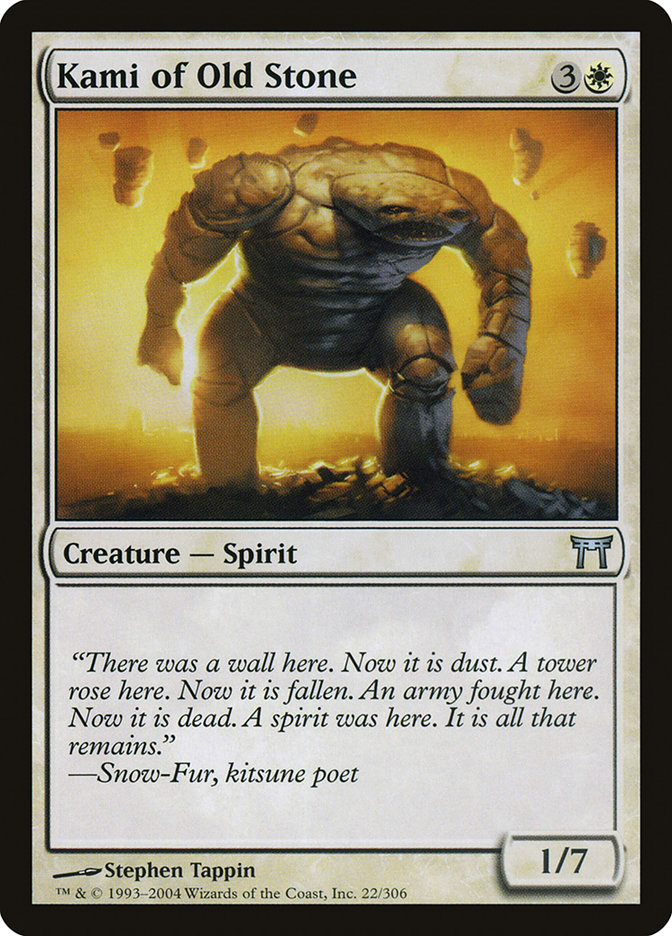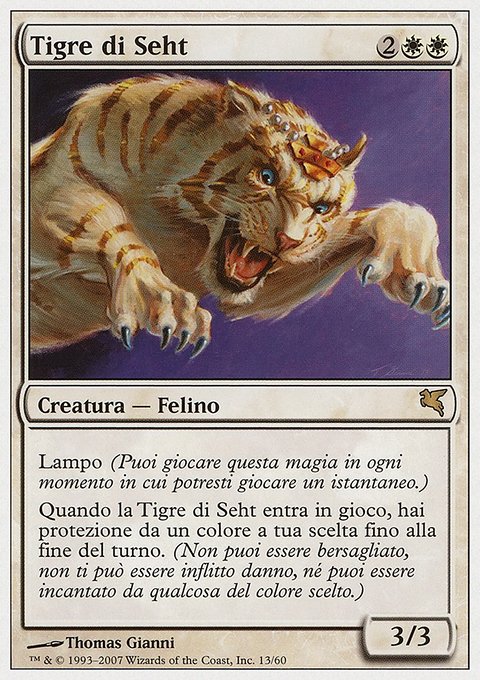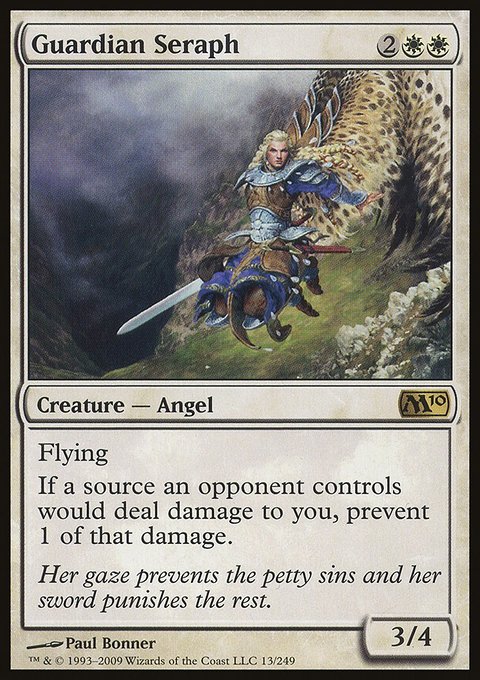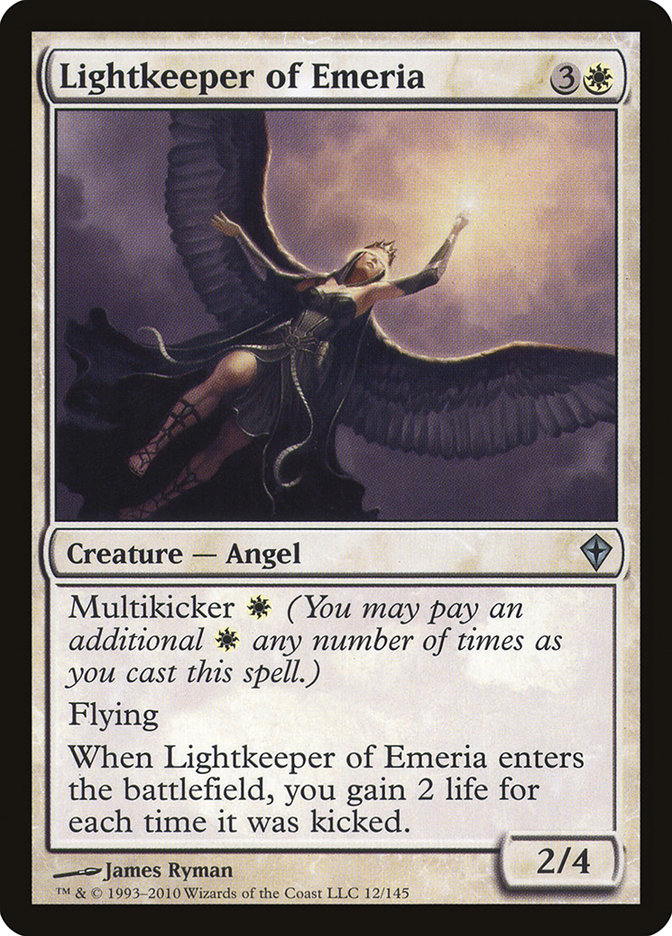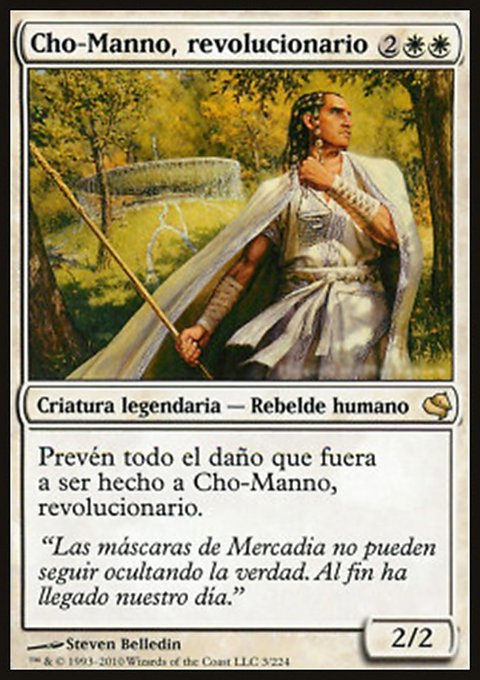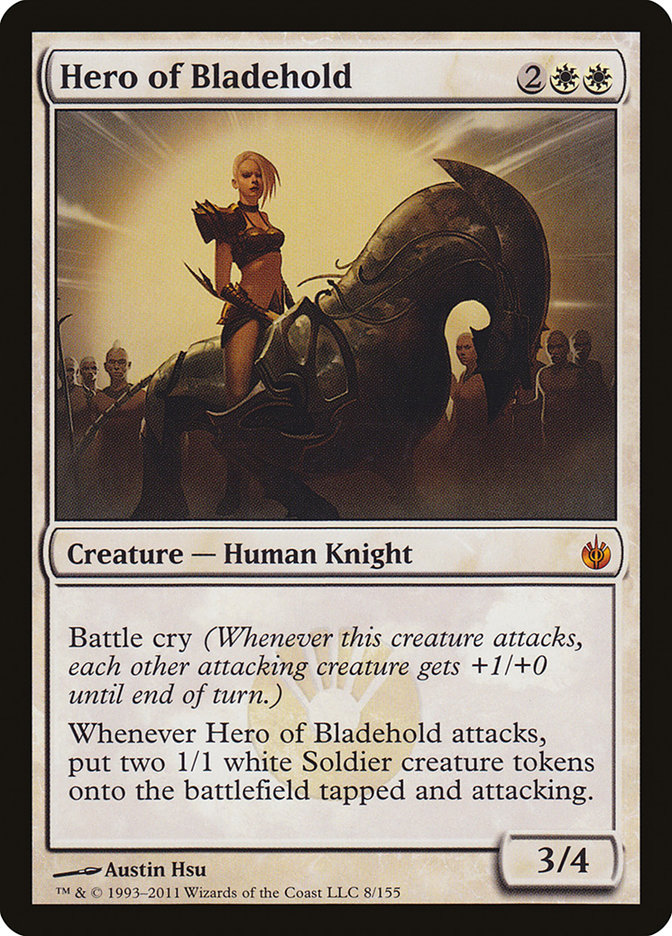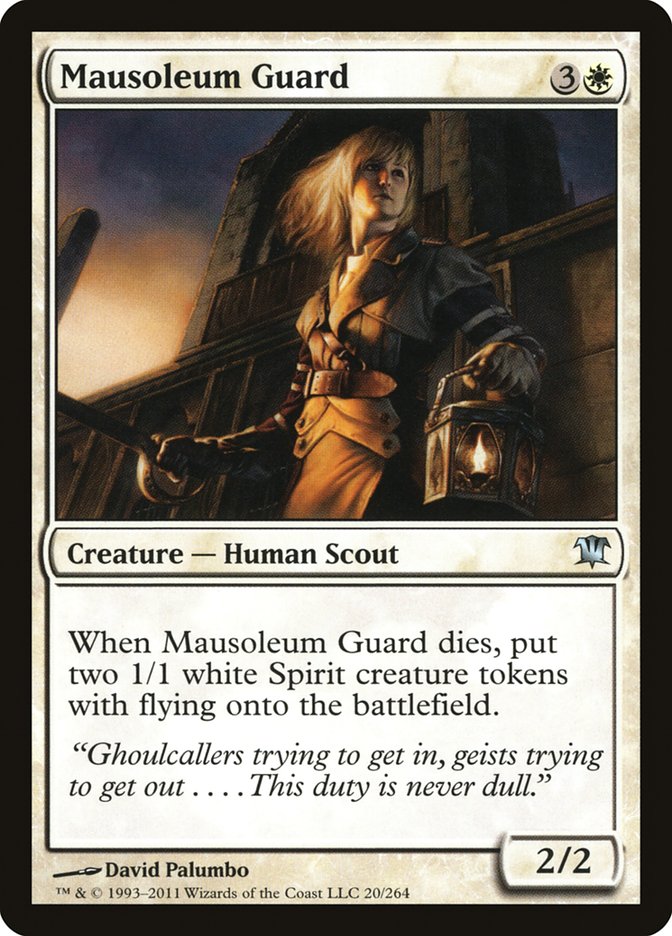Consul's Shieldguard MTG Card
| Mana cost | |
| Converted mana cost | 4 |
| Rarity | Uncommon |
| Type | Creature — Dwarf Soldier |
| Released | 2016-09-30 |
| Set symbol | |
| Set name | Kaladesh |
| Set code | KLD |
| Power | 3 |
| Toughness | 4 |
| Number | 11 |
| Frame | 2015 |
| Layout | Normal |
| Border | Black |
| Illustred by | David Gaillet |
Text of card
When Consul's Shieldguard enters the battlefield, you get (two energy counters). Whenever Consul's Shieldguard attacks, you may pay . If you do, another target attacking creature gains indestructible until end of turn.
Cards like Consul's Shieldguard
Consul’s Shieldguard is an intriguing piece in the puzzle of creature-based defensive strategies in Magic: The Gathering. It echoes similarities with cards like Bastion Protector which similarly provides a boost to your commander, granting it +2/+2 and indestructible. However, Consul’s Shieldguard carves its niche with its ability to get your creatures through blockers by making them indestructible during attack, unlike Bastion Protector that focuses exclusively on the commander.
Akin to Consul’s Shieldguard, Knight Exemplar stands as another card providing indestructible to fellow knights. While its effect is narrower, being tribe-specific, it also delivers a permanent indestructible aura unlike the conditional trigger from Consul’s Shieldguard, active only during your turn. Frontline Medic is another card that bears comparison. It grants indestructibility to your attacking creatures if you commit a battalion of three or more to combat, providing more widespread protection.
Ultimately, MTG enthusiasts must deliberate the balance between specific conditions and broader buffs when adding cards like Consul’s Shieldguard to their decks. Its selective but powerful combat ability ensures that it holds its own as a strong contender in the repertoire of protective MTG cards.
Cards similar to Consul's Shieldguard by color, type and mana cost
Card Pros
Card Advantage: Consul’s Shieldguard not only acts as a reliable defender on the battlefield but also has the potential to generate card advantage. With its ability focused on deterring opponents from targeting your other creatures, it can indirectly contribute to maintaining a better board presence which in the long run amounts to a sort of card economy.
Resource Acceleration: While Consul’s Shieldguard itself may not directly provide resource acceleration, its role in protecting key creatures can be pivotal. By safeguarding your valuable mana dorks or creatures with abilities that tap for resources, it helps to ensure your resource acceleration isn’t disrupted, which is instrumental in outpacing your opponent in a game.
Instant Speed: Although Consul’s Shieldguard doesn’t operate at instant speed, the flexibility it offers during combat can influence decisions made at a similar pace. By forcing your opponent to think twice before attacking or targeting, it adds a layer of psychological instantaneity to the game, affecting opponent’s plays as if reacting at instant speed.
Card Cons
Discard Requirement: Consul’s Shieldguard demands a card to be discarded in order to activate its ability. This can lead to a disadvantageous exchange, particularly in situation where your hand is nearly empty, putting you at a potential card disadvantage compared to your opponent.
Specific Mana Cost: The mana cost for Consul’s Shieldguard includes white mana symbols, which can restrict its integration into multicolored decks. This specific requirement could limit the card’s flexibility and may deter it from being included in decks that aren’t heavily white.
Comparatively High Mana Cost: With a higher casting cost, Consul’s Shieldguard competes with other 4-mana drops in the white-creature slot. Players might find that other cards at the same mana cost offer them more in terms of sheer power or immediate board impact, making the Shieldguard a less appealing option in competitive play.
Reasons to Include in Your Collection
Versatility: Consul’s Shieldguard is adaptable to various deck builds, offering a robust battlefield presence that can fit into strategies emphasizing defense as well as offense. Its ability to protect other creatures makes it a solid addition across numerous playing styles.
Combo Potential: The card can synergize well with strategies that capitalize on +1/+1 counters or abilities triggered upon attacking or defending. When paired with the right cards, Consul’s Shieldguard enhances intricate play sequences and elevates your tactical game.
Meta-Relevance: In an environment that favors aggressive gameplay, Consul’s Shieldguard provides a strategic advantage by safeguarding key creatures on your board. It fortifies positions against common threats and can be a game-changer by preserving your board state against removal-heavy opponents.
How to beat
Consul’s Shieldguard is a challenging card to face in MTG due to its ability to provide indestructibility to another target creature when it attacks. To effectively counter this, it’s essential to have control over the battlefield. Removal spells that don’t target, such as board wipes like “Wrath of God” or “Damnation,” can clear the field without being hindered by the indestructibility granted by Consul’s Shieldguard. Additionally, cards that reduce the effectiveness of creature abilities, such as “Hushbringer” or “Tocatli Honor Guard,” can neutralize Consul’s Shieldguard’s defensive utility.
Alternatively, forcing your opponent to sacrifice creatures bypasses the indestructibility altogether. Execute this strategy with cards like “Liliana of the Veil” or “Diabolic Edict.” Also, countering Consul’s Shieldguard before it hits the battlefield with counterspells like “Mana Leak” will prevent your opponent from leveraging its power. In a wider approach, managing the pace of the game with cards that restrict the number of creatures that can attack each turn, such as “Propaganda” or “Ghostly Prison,” will also diminish the Shieldguard’s impact, making it less of a threat to your strategy.
Where to buy
If you're looking to purchase Consul's Shieldguard MTG card by a specific set like Kaladesh, there are several reliable options to consider. One of the primary sources is your local game store, where you can often find booster packs, individual cards, and preconstructed decks from current and some past sets. They often offer the added benefit of a community where you can trade with other players.
For a broader inventory, particularly of older sets, online marketplaces like TCGPlayer, Card Kingdom and Card Market offer extensive selections and allow you to search for cards from specific sets. Larger e-commerce platforms like eBay and Amazon also have listings from various sellers, which can be a good place to look for sealed product and rare finds.
Additionally, Magic’s official site often has a store locator and retailer lists for finding Wizards of the Coast licensed products. Remember to check for authenticity and the condition of the cards when purchasing, especially from individual sellers on larger marketplaces.
Below is a list of some store websites where you can buy the Consul's Shieldguard and other MTG cards:
 BUY NOW
BUY NOW BurnMana is an official partner of TCGPlayer
- eBay
- Card Kingdom
- Card Market
- Star City Games
- CoolStuffInc
- MTG Mint Card
- Hareruya
- Troll and Toad
- ABU Games
- Card Hoarder Magic Online
- MTGO Traders Magic Online
See MTG Products
Legalities
Magic the Gathering formats where Consul's Shieldguard has restrictions
| Format | Legality |
|---|---|
| Commander | Legal |
| Legacy | Legal |
| Paupercommander | Restricted |
| Modern | Legal |
| Oathbreaker | Legal |
| Vintage | Legal |
| Duel | Legal |
| Pioneer | Legal |
Rules and information
The reference guide for Magic: The Gathering Consul's Shieldguard card rulings provides official rulings, any errata issued, as well as a record of all the functional modifications that have occurred.
| Date | Text |
|---|---|
| 2017-02-09 | Energy counters are a kind of counter that a player may have. They're not associated with specific permanents. (Other kinds of counters that players may have include poison and experience.) |
| 2017-02-09 | Energy counters aren't mana. They don't go away as steps, phases, and turns end, and effects that add mana “of any type” to your mana pool can't give you energy counters. |
| 2017-02-09 | If a triggered ability with one or more targets states that you “may pay” some amount of , and each permanent that it targets has become an illegal target, the ability doesn't resolve. You can't pay even if you want to. |
| 2017-02-09 | If an effect says you get one or more , you get that many energy counters. To pay one or more , you lose that many energy counters. Any effects that interact with counters a player gets, has, or loses can interact with energy counters. |
| 2017-02-09 | Keep careful track of how many energy counters each player has. You may do so by keeping a running count on paper, by using a die, or by any other clear and mutually agreeable method. |
| 2017-02-09 | Some triggered abilities state that you “may pay” a certain amount of . You can't pay that amount multiple times to multiply the effect. You simply choose whether or not to pay that amount of as the ability resolves, and no player may take actions to try to stop the ability's effect after you make your choice. |
| 2017-02-09 | You can't pay more energy counters than you have. |
| 2017-02-09 | is the energy symbol. It represents one energy counter. |
